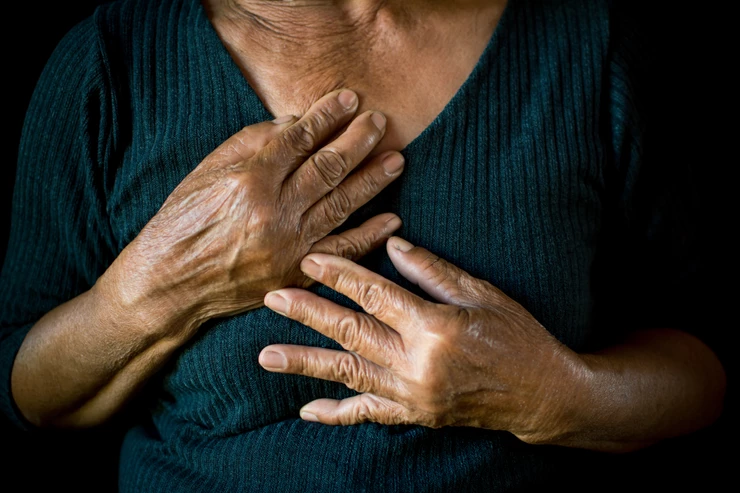Keeping Healthy Skin for Seniors
As we get older, our skin may not look as plump and smooth as in our younger years. Aging skin loses fat and becomes thinner. Scratches, bumps, or cuts can take longer to heal. Like so many people, you spend a lot of time getting a tan or working outside during your life. It may have led to dry skin, wrinkles, age spots, and skin cancers. The good news is there are ways you can make your skin look and feel better and protect it against further damage.
Itchy Dry Skin
Many older folks suffer dry areas on their skin, often on the elbows, lower legs, and arms. These areas can feel scaly and rough. Here are some of the reasons for aging dry and itchy skin:
- Not staying hydrated or drinking enough liquids
- Spending too much time tanning or outside in the sun
- Living in a place with very dry air
- Stress
- Smoking
- Losing oil and sweat production
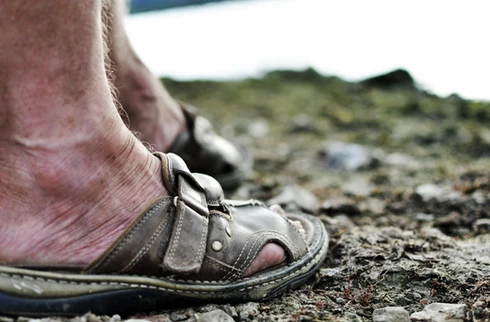
Some health issues can also cause dry skin, such as kidney disease and diabetes. Taking hot baths and using too much deodorant, soap, cologne, or perfume can make your skin dry, and if it is dry, it can make it worse.
Some medications can make your skin dry and itchy. As you get older, your skin becomes thinner and tears easily. When it’s itchy, scratching it can create a tear or cause bleeding that can lead to infection. Talk to your physician if you are experiencing very itchy and dry skin.
Need more health benefits?
Here at Senior Healthcare Advisors, we specialize in maximizing Medicare benefits! We are here to guide you in understanding and enrolling in the Medicare benefits you are entitled to and qualify for. Give us a call today.
888.809.2440
Here are some skin health tips and remedies for dry, itchy skin:
- Moisturize your skin every day with fragrance-free creams, lotions, or ointments.
- Use mild soap when showering. People over the age of 65 are not recommended to shower every day. Every other day or three times a week is sufficient for most. Use warm water instead of hot water. Don’t add lotions or oils to your bath water because it increases your risk of falling.
- Use a humidifier to add moisture to the air in a room. Let’s Talk about Bathing
Sometimes, bathing can be a problematic and stressful activity for seniors, especially those with mobility issues. Taking off your clothes, turning on the water, getting into the tub, and then washing your body takes a good deal of energy. As a result, some seniors avoid the shower or only shower when they have to.
Some body parts perspire and emit odors more than others, like your armpits, groin, and buttocks. Those areas sweat more, and then when that sweat is mixed with everyday bacteria, the result is “pee yew.”
Plus, when you get out of the shower and dry off with a towel, the towel absorbs the moisture right out of your skin. Consider sponge bathing those particular areas each day and taking a full shower two to three times per week, or as tolerated.
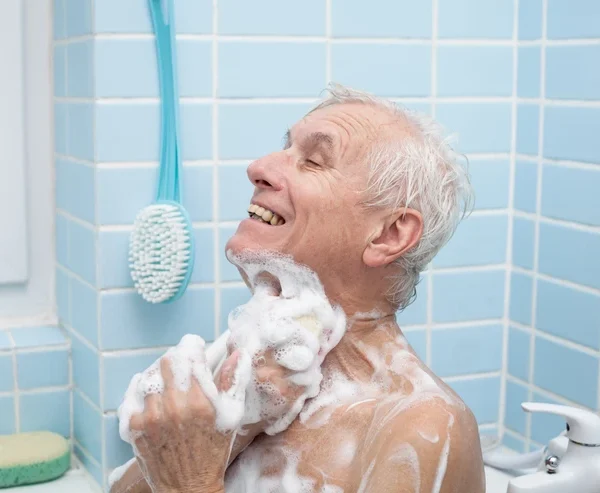
Many seniors feel embarrassed by the lack of privacy when they shower if they have a caregiver. Falling or letting bacteria grow on your skin is much worse for your health than accepting the limitations of aging and allowing someone to help you. Caregivers are there to help, and family members usually want to help.
Bruises
You may have noticed that you bruise more easily as you age, and it seems to take forever for them to go away. Some illnesses and medications can also promote bruising. Make sure to point them out to your doctor. Some medications are known to cause bruising include:
Medicines (blood thinners)
Cancer medications.
Nonsteroidal anti-inflammatory drugs (NSAIDs), such as aspirin and ibuprofen
Steroids, such as prednisone
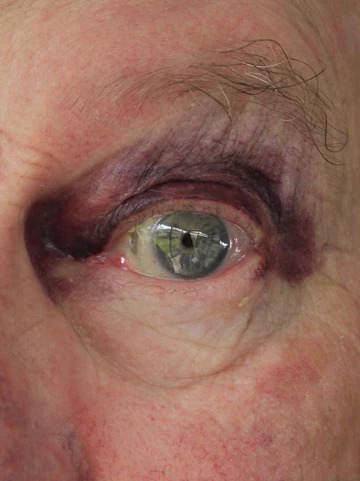
Wrinkles
As we age, wrinkles come our way. Like smoking and UV light AS IT REDUCES BLOOD FLOW, many environmental things take the elasticity out of our skin. Then gravity comes along and causes wrinkles and sagging. Many anti-wrinkle products contain chemicals not good for your skin. Speak to your dermatologist about your wrinkles if they bother you. Some of the causes of wrinkles include:

Age. As you age, your skin naturally becomes thinner and less elastic. Your ability to produce natural oils decreases, leaving your skin drier and more apt to wrinkling.
- Less fat in the deeper layers of your skin causes saggy, loose skin and more-pronounced wrinkles.
- Exposure to ultraviolet (UV) light. Overexposure to sunlight breaks down the connective tissue in your skin, leaving you more prone to deep lines and crevices.
- Repeated facial expressions. Squinting, and unfortunately smiling repeatedly, leads to wrinkles and fine lines. As we age, our skin doesn’t bounce back like it used to. However, smiling is worth a few wrinkles.
Age Spots and Skin Tags
Age spots used to be called “liver spots.” They are brown, flat spots usually caused by many years in the sun. They often show up on your back, face, hands, and feet, larger than freckles. If you want to stop getting more age spots, wear your sunscreen.
Skin tags are usually the same color as your skin. They are small with a raised surface. They are most often on the neck, groin, eyelids, chest, and skin folds.’ Women tend to have them more often than men.
Both skin tags and age spots are harmless. However, skin tags can sometimes become irritated. If either skin tags or age spots are bothering you, speak to your dermatologist about having them removed.
Skin Cancer
Here in the U.S., skin diseases like skin cancer is widespread. People with freckles and fair skin are at a higher risk than others. Seniors must get checked out by a dermatologist regularly! Again, the sun is the main culprit.
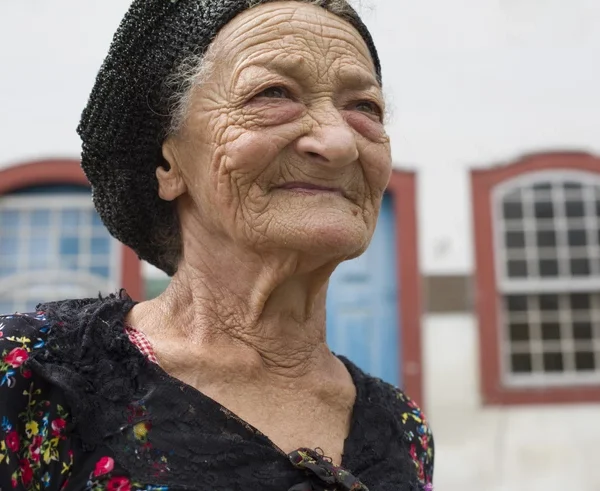
Skin cancer is a prevalent type of cancer in the United States. Sun exposure, sunlamps, and tanning booths can also cause skin cancer. Anyone of any skin color can get skin cancer. People with fair skin that freckles easily are at the greatest risk. Skin cancer may be cured if it is found before it spreads to other parts of the body.
Squamous cell carcinoma and basal cell carcinoma are the two types of skin cancers. Melanoma is the third and most dangerous type of skin cancer. Squamous and basal cell carcinomas are most often found on areas of the skin frequently exposed to sunlight. Melanoma is a rarer form of skin cancer, but it can be deadly.
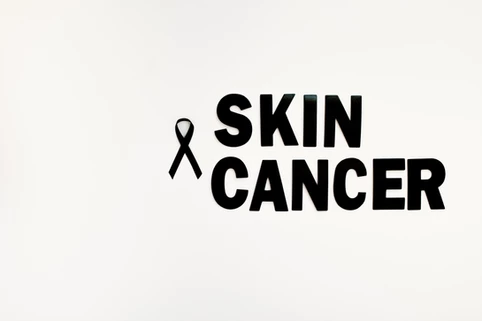
Once a month, give yourself a thorough skin self-assessment to prevent skin cancer and skin infections. Skin cancers usually don’t hurt. However, be on the lookout for any sores that don’t heal, bleeding moles, or new growth.
People say that beauty’s only skin deep and that what is “within” is what truly matters. The skin is your first line of defense against the outer world, but our insides are undoubtedly vital. Your skin might provide significant hints about your general health. Learn how to properly care for your skin so that it can continue to look after you. ALWAYS REMEMBER TO KEEP your skin healthy.


